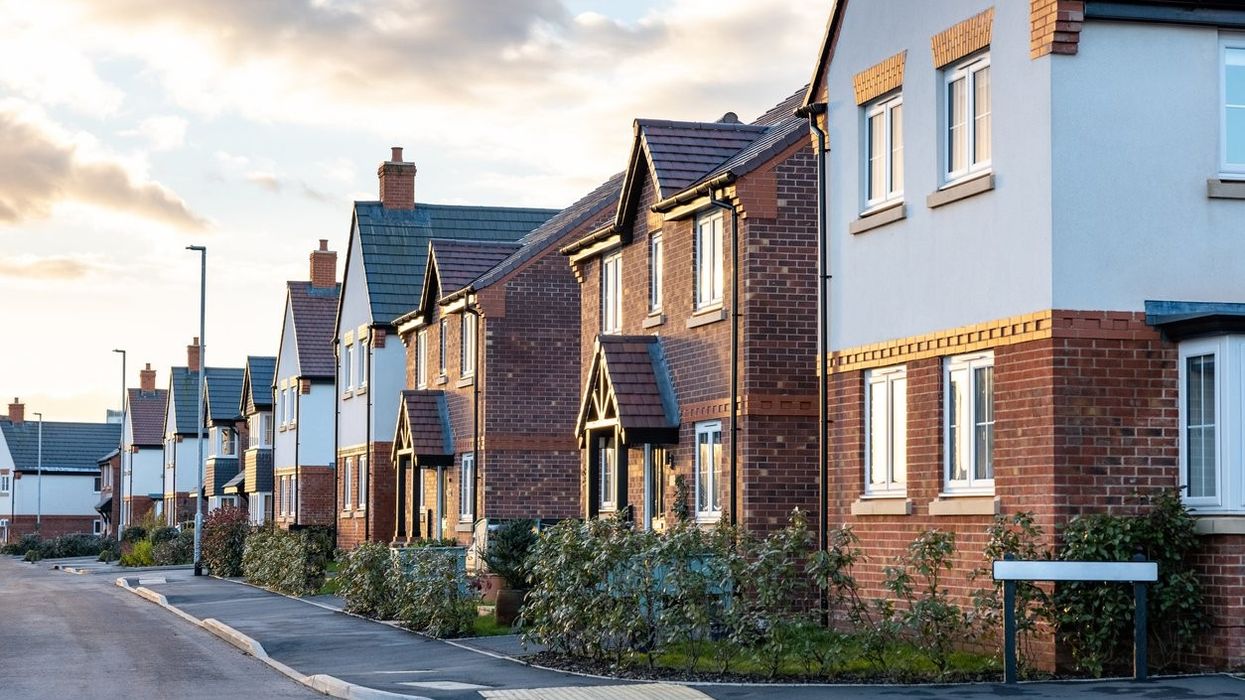No new homes will be permitted in Hillingdon, Ealing and Hounslow in west London until 2035 as the electricity network serving these areas runs out of capacity, according to reports.
This week, the Greater London Authority (GLA) informed developers regarding this development. Interestingly, 11 per cent of London’s housing supply in 2019-20 was in these areas.
“Major new applicants to the distribution network . . . including housing developments, commercial premises and industrial activities will have to wait several years to receive new electricity connections," the message from GLA said.
Business secretary Kwasi Kwarteng has ordered officials to monitor the situation, as mayor Sadiq Khan said that he was 'very concerned' about the new development.
“[The mayor] wrote to the government weeks ago requesting a meeting to discuss electricity capacity in west London, but the request was declined. In the midst of a housing crisis, he is calling on ministers to work with him to resolve this issue urgently," a spokesman for the mayor was quoted as saying by The Times.
The newspaper report said that about 25 units in development could be affected by the decision.
Meanwhile, reports also said that the problem might affect some areas in the Thames Valley as well.
The GLA blamed the issue on a string of planned data centres that use huge amounts of power. One such data centre can consume the same amount of power as up to 10,000 homes.
Scottish and Southern Electricity Networks (SSEN), which serves part of the affected area, and the National Grid are looking at upgrading the network, The Telegraph reported.
According to the Home Builders Federation (HBF) the crisis will derail the government’s target to build 300,000 homes per year.
A spokesperson for the Energy Networks Association, which represents the UK and Ireland’s energy networks businesses, told The Telegraph: “Electricity networks are using every tool available, including deploying innovative technologies, to accelerate connections and ensure that future demands are managed as efficiently as possible.
"We’re in dialogue with Ofgem to make changes to their reactive regime and ensure that where new infrastructure is needed network companies can build it once and build it right.”





